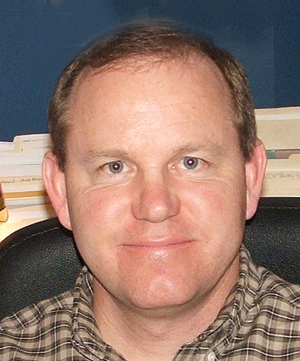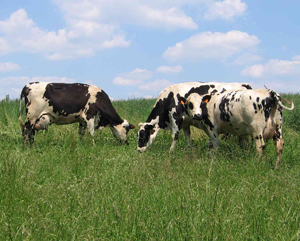All of it is anecdotal
By Allen Williams
The British statistician George E. P. Box stated that “All models are wrong, but some are useful.”
This has become an oft-quoted statement in scientific circles. Box was referring to the fact that in science there is a growing trend to develop theoretical models with the purpose of predicting some type of behavior or outcome based on data assumptions used in the model.
While no model can predict the exact outcome of any singular event, models can be useful if the assumptions are good and the output is close enough.
Having been a scientist and a farmer for more than 30 years now, I often hear people talk about “anecdotal” research or data. Their point is that if the research was not peer-reviewed and published, it has no value. This is particularly insinuated with observational data.
Continue reading “Taking research with a grain of salt”

